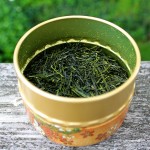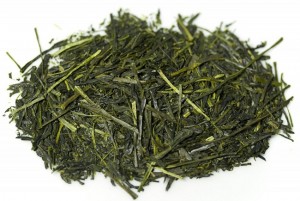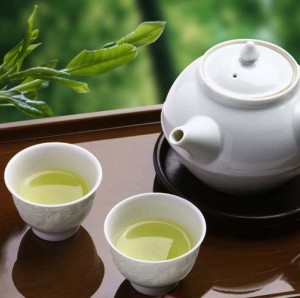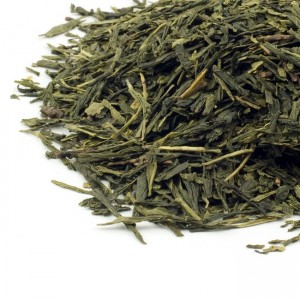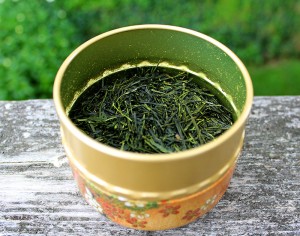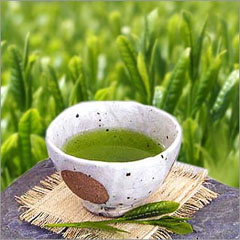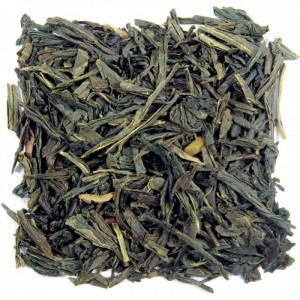Sencha Tea
What is sencha tea?
Sencha tea or Japanese green tea (Ryokucha) is an herbal infusion prepared from the processed leaves of Yabukita (a cultivated variety of Camellia sinensis). Also referred to as the “Steeped Tea”, the sencha is the most extensively produced tea in the country.
The Japanese sencha differs from the matcha (powdered green tea) in its process of production as well as its color and flavor. The beverage, with a greenish-golden hue, has distinctive flavors depending on the temperature at which it is made. If the water is moderately warm, the decoction has a slightly soft and delicate taste but if it is hot, its taste becomes bitter.
History and origin
During the 9th century, consumption of tea was common among the religious and royal classes in Japan. The earliest uses of tea were also referenced by the Buddhist monks in their texts. The modern unfermented form of Japanese green tea was created in the 18th century by Soen Nagatani. After the Meiji era, hand processing was replaced by machine manufacturing in which the processes of drying, rolling, and steaming were performed by machines.
Sencha tea benefits
Presence of antioxidants
According to scientific studies, sencha is rich in powerful antioxidants that help in preventing cell damage as well as repairing DNA damage by reducing the harmful effects of free radicals. Therefore, its intake on a regular basis may help decrease the risks of developing some of the deadly health conditions.
Anti-cancer properties
It has cancer-fighting properties because of the presence of polyphenolic compounds including epigallocatechin gallate (EGCG). Researchers from the School of Pharmacy at the University of Wisconsin revealed that green tea polyphenols help suppress the progression of prostate cancer. A recent animal study also showed that the polyphenols are effective in reducing the suppression of immune responses caused by exposure to UV radiation. Therefore, regularly having it may decrease the chances of skin cancer. Moreover, the Japanese sencha tea is claimed to reduce the symptoms of colon cancer, though more research studies are needed to support this health benefit.
Good for heart health
Its catechin content assists in keeping the blood pressure stable, lowering the levels of bad cholesterol, as also in reducing stress. All these factors reduce the risks of heart attacks and ensure that the cardiovascular system remains healthy.
Weight loss
A new research finding has shown that consumption of decaffeinated Japanese sencha combined with daily workouts help people reduce excess body fat. The active component EGCG increases fat oxidation significantly, thus aiding in weight loss.
Relieves constipation
Even though the infusion is not known as a natural laxative, regularly having it can stimulate bowel movements and help those with chronic constipation.
Works as a stimulant
Its caffeine content is useful for improving mental health, enhancing focus, and making you feel relaxed. It vitalizes the mind and body, helping you to get on with a work requiring extra physical or mental effort.
Other uses
- Its topical application reduces the symptoms of psoriasis, providing relief from redness and inflammation, as well as lessening the flaky skin patches. Moreover, it proves effective against acne because of its antibacterial and detoxifying properties.
- As a mouth rinse, it helps reduce bacterial infections, plaque formation, and cavities, providing fresher breath.
How to make sencha tea
- Take some loose leaves in an empty non-reactive teapot (preferably the traditional Kyusu). The required amount is one teaspoonful of leaves for each cup of sencha tea
- Pour boiling water in a container and let it cool down to 70-80 degrees Celsius
- Now pour the warm water into the teapot and close its lead
- Brew the tea for 2 minutes or so. Do not mix or stir
- Serve by pouring small amounts into each cup, and going around until the rich, flavorful tea at the undermost part of the teapot is distributed evenly
On hot summer days, you can enjoy a cup of refreshing iced sencha tea by adding some ice cubes to each cup.
Is sencha tea safe
Side effects
Since it has 30mg of caffeine in each cup of tea, excessive drinking on a regular basis could cause anxiety, irritability, hypertension, heart palpitations, tremors, nauseas, and urination at short intervals.
During pregnancy
Limiting its intake to less than 2 cups a day is recommended as overconsumption might prevent absorption of folic acid, which is particularly essential during the early stages of pregnancy. Besides, having sencha tea with meals could also cause difficulty in absorbing iron from foods.
Nursing mothers are also advised to have it in moderate amounts.
Where to buy
Organic sencha tea is available in tea bags, as well as in powdered and loose form. It can be ordered online or directly purchased from the local market. Several varieties of sencha including Fukamushi and Shincha are also available.
References
- https://en.wikipedia.org/wiki/Sencha
- https://en.wikipedia.org/wiki/History_of_tea_in_Japan
- http://www.ncbi.nlm.nih.gov/pmc/articles/PMC3509513/
- https://www.nccih.nih.gov/health/green-tea
- http://www.dailymail.co.uk/health/article-2941319/Green-tea-DOES-help-lose-weight-need-drink-seven-decaff-cups-day-study-finds.html
Article was last reviewed on 22nd July 2021
Related Articles
Leave a Reply
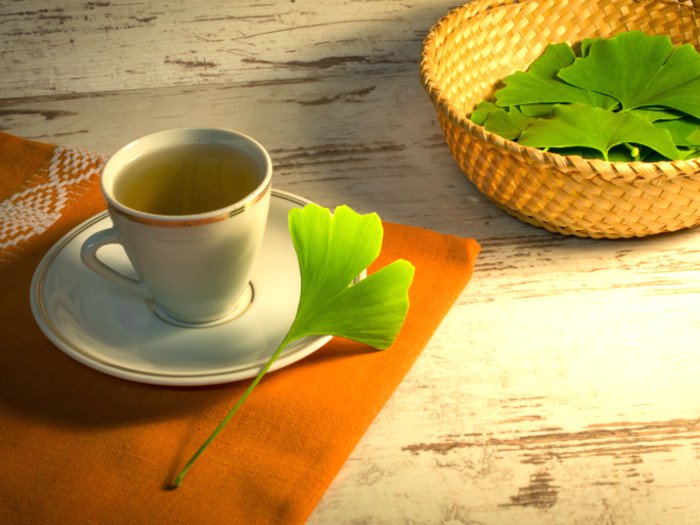
Ginkgo Biloba Tea
The Ginkgo Biloba tea is an herbal infusion obtained from the extract of the dried leaves
Read more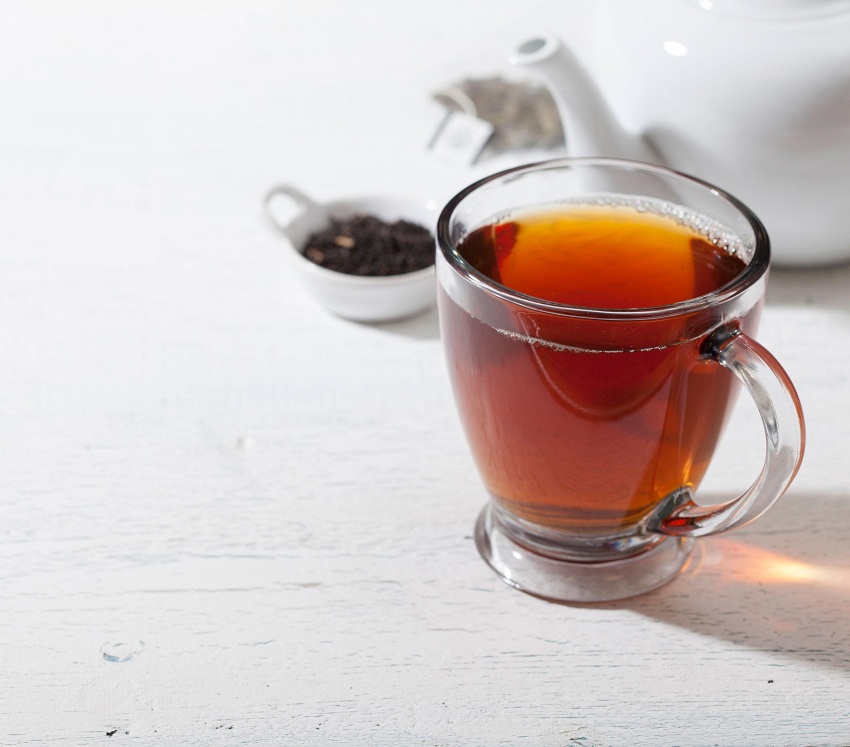
Black Tea
Black tea, belonging to the same group as the green, white and oolong teas is the most oxi
Read more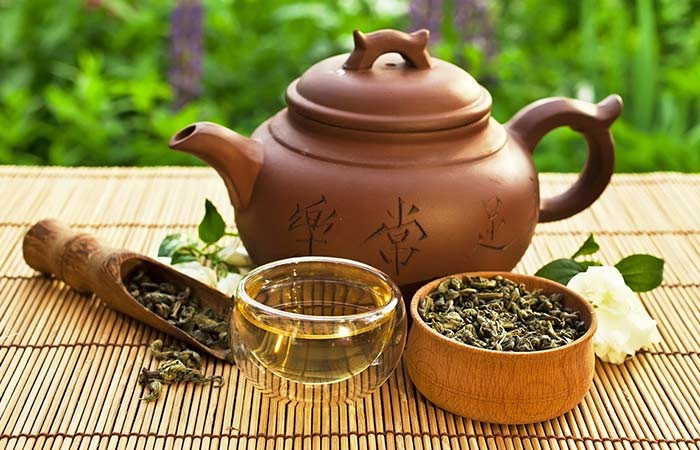
Oolong Tea
What is oolong tea Oolong, a traditional beverage of China, is prepared from the buds, st
Read more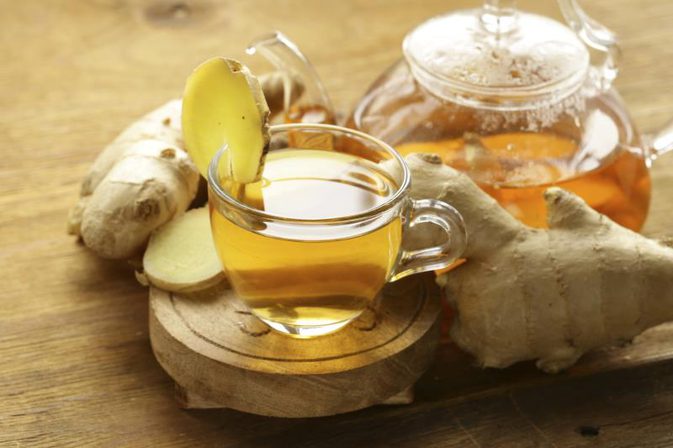
Ginger Tea
Ginger tea, prepared from the roots of ginger, is a popular herbal beverage of Asia. Becau
Read more
